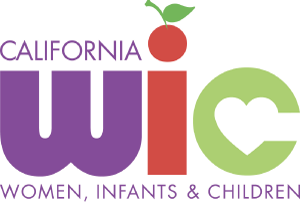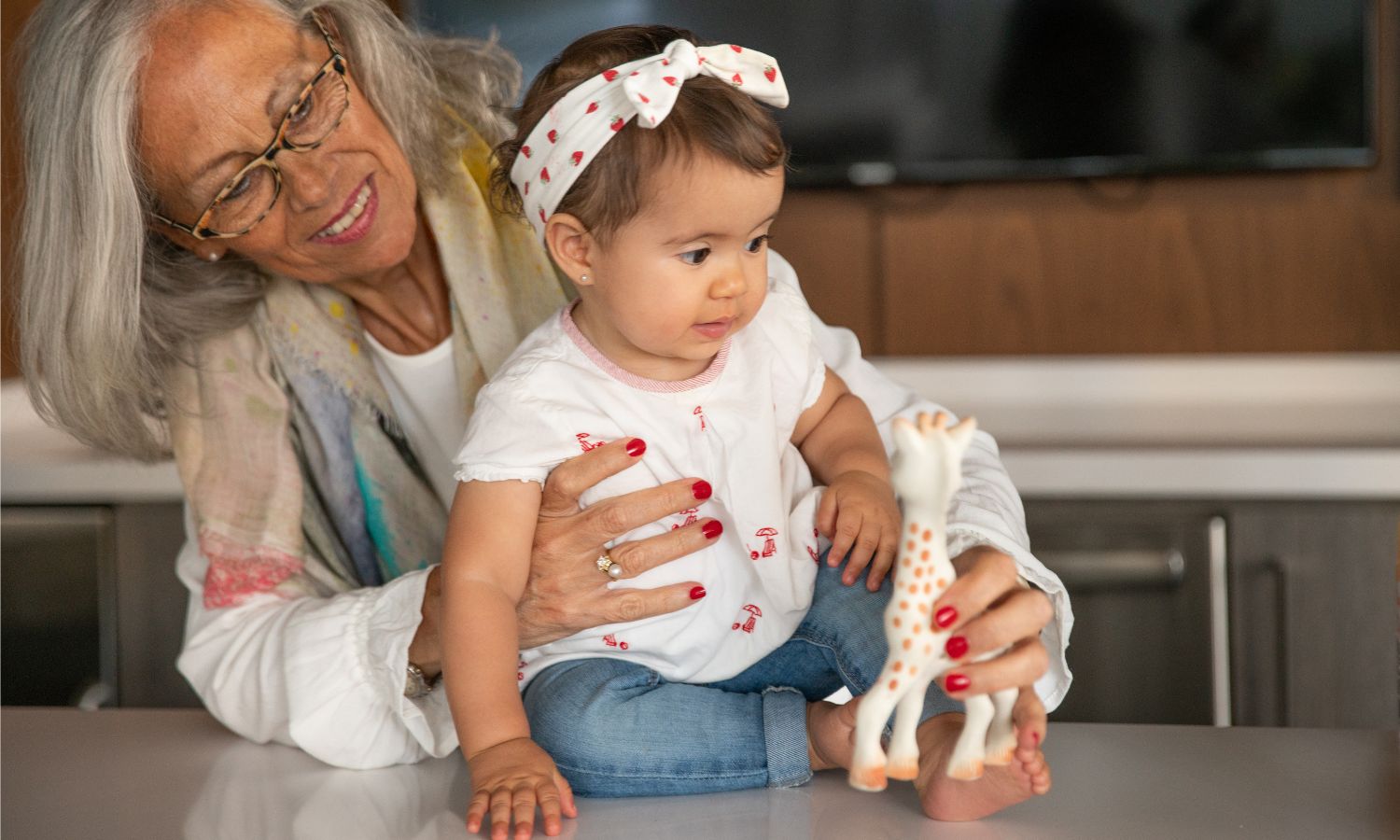
As a parent of a toddler, you may have questions about the ideal foods or snacks for your little one. As toddlers continue to grow and develop, their nutritional and emotional needs change daily. Some parents find that feeding toddlers can be challenging due to all the developmental changes happening all at once. Remember, your little one is discovering their independence and needs you to support them during this process.
If you would like to learn more about building healthy eating habits for a toddler, WIC is here to help. Our WIC staff offer free education, in-person, telephone, and at virtual appointments that can give suggestions to help with toddler meal times or tips on how to cope with high emotional toddler behaviors.
Learn all about your little one with these handouts.





























